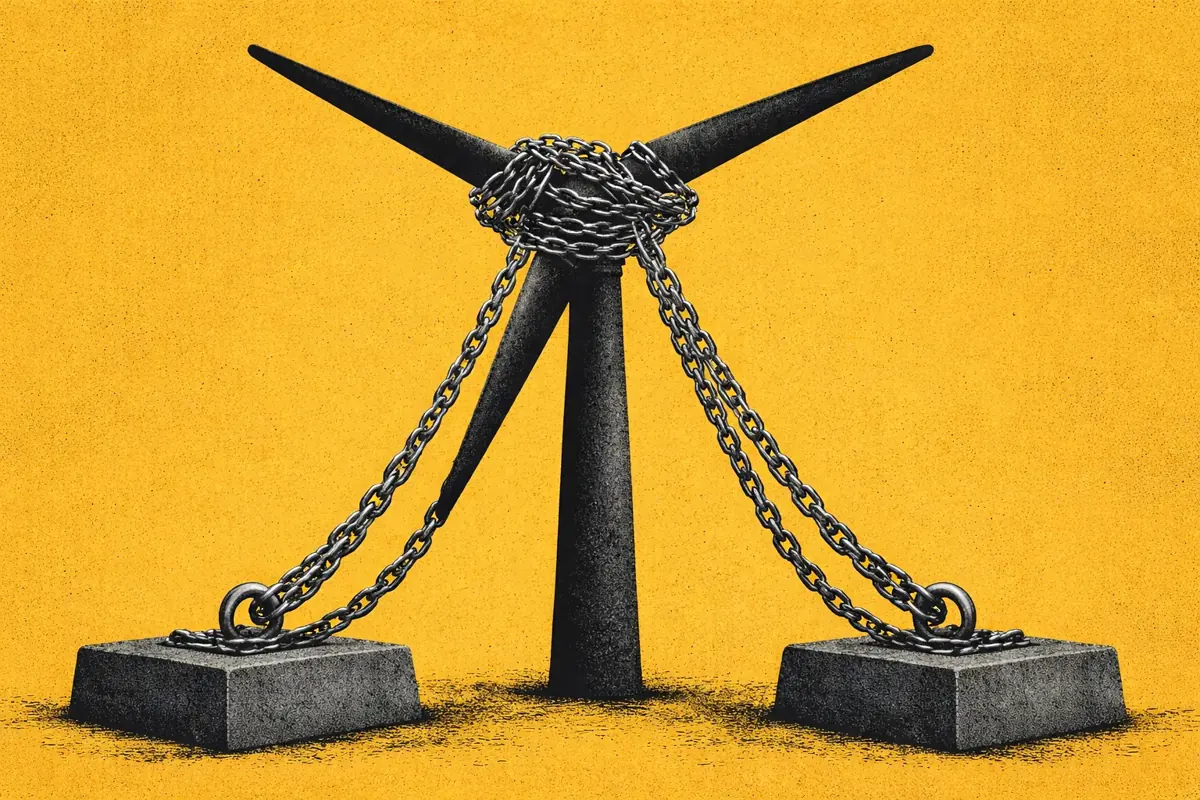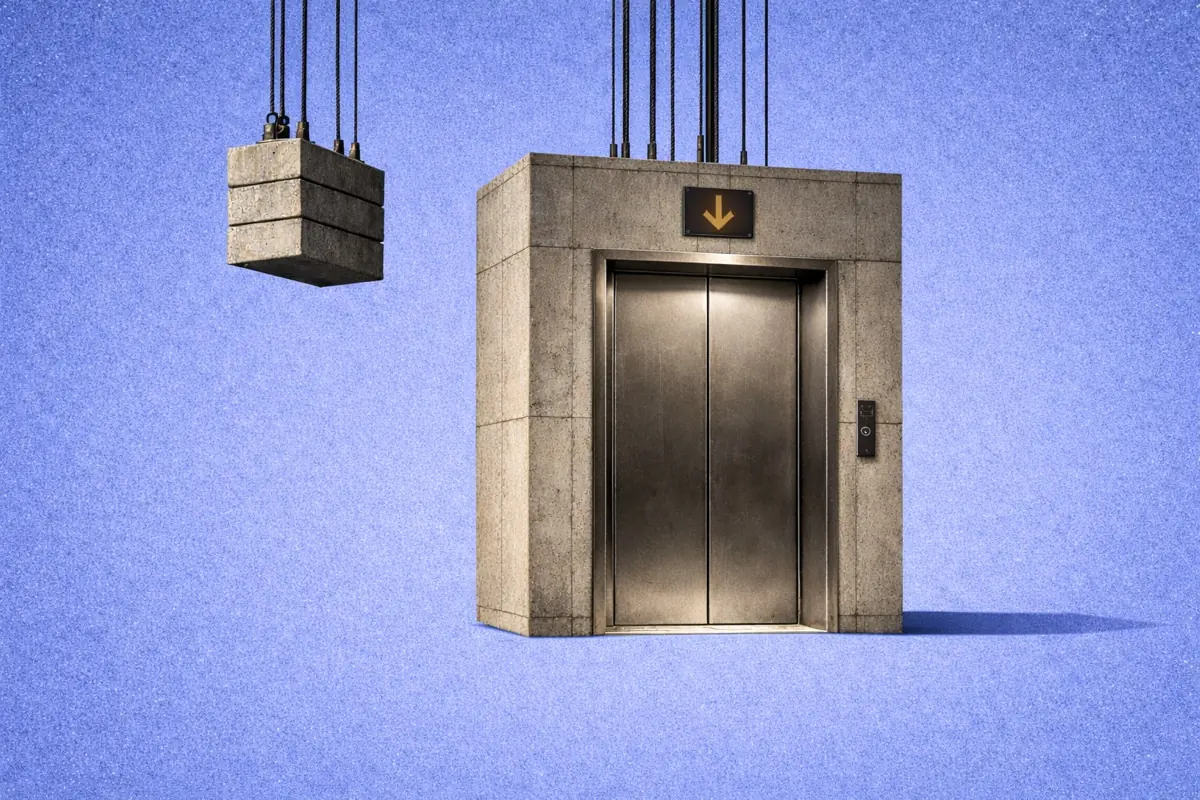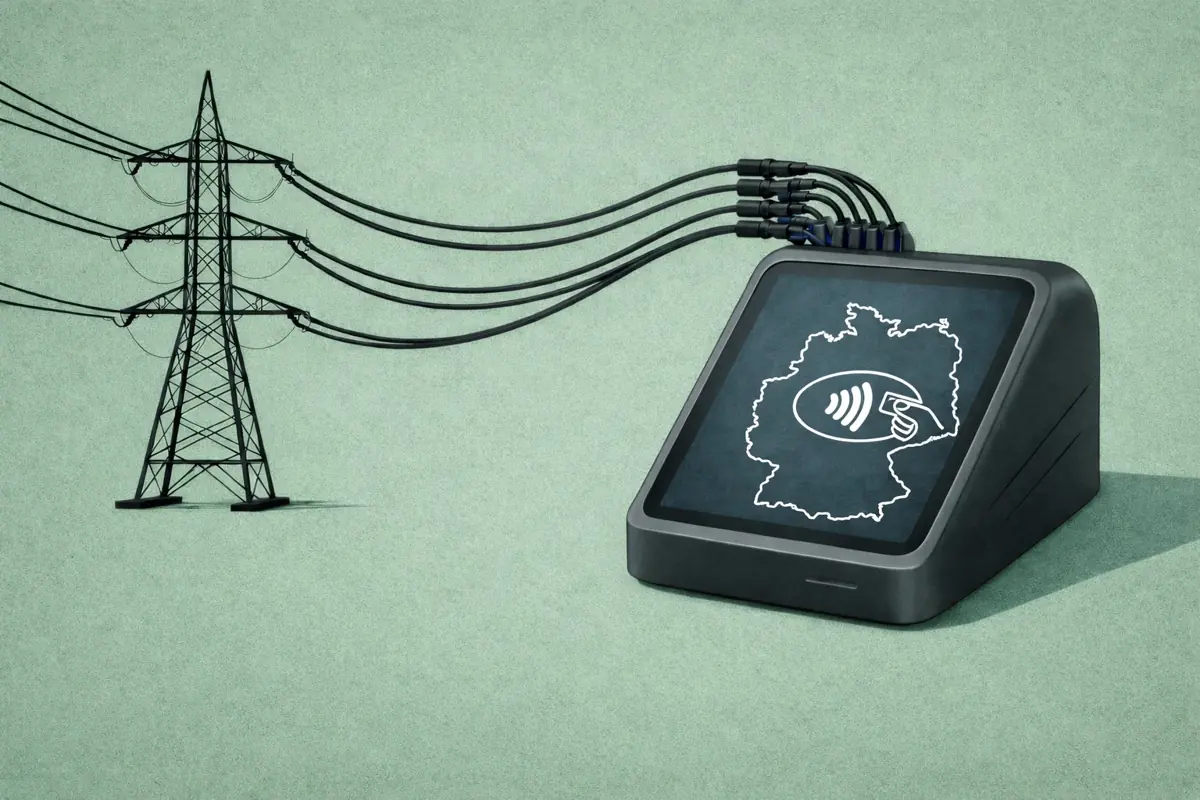Battery tolling agreements: How do they work?
On June 5th, Gresham House and Octopus Energy announced the agreement of a two-year tolling contract for 568 MW/920 MWh of battery energy storage capacity, the first such deal ever agreed upon in the GB market. The agreement provides a guaranteed revenue return on the assets to the Gresham House Energy Storage Fund.
Watch the video below to learn how a tolling agreement differs from the other route-to-market contracts with the battery space.
The contract marks Octopus Energy’s first move into the optimization of large-scale battery storage. It currently operates a 3 MW battery located at the Emirates Stadium in London. It also trades a large portfolio of around 900MW of other flexibility (including electric vehicles) from its supply customers.
Gresham House announced that it will earn £43m in contracted revenues per year for the next two years from its GB portfolio, including Capacity Market agreements. Based upon an average Capacity Market contract value of £10k/MW/year, this would place the toll level at £57k/MW/year. This is in line with average battery revenues in 2023, but an increase over that observed to date in 2024.
What is a tolling agreement?
In a tolling agreement, the ‘offtake’ or ‘route-to-market’ provider guarantees a fixed payment in return for complete trading control of the battery. This shifts all trading risk onto that party, and away from the owner.
This is a complete inverse of the common ‘merchant’ or ‘profit-share’ contract structures, whereby the owner takes on all market revenue risk.

The optimizer does not earn a fee from the toll contract. They instead earn value from any upside in value on the toll level they can capture by trading the battery. If traded revenue exceeds the toll, this return can be far higher than what would typically be earned through a profit share.
How is this different from a floor agreement?
In a floor agreement, the route-to-market provider agrees on a minimum guaranteed level of return from an asset in return for a higher-than-normal fee. This removes some of the project's risk from the asset owner while leaving them able to capture the upside.
The floor level is typically enough to secure debt financing for a project. However this won’t be enough to provide the required equity return for the owner.
Are we likely to now see more tolling contracts?
To date, the lack of tolling arrangements is a sign that the contract structure has not had an appeal to system owners, at the level at which optimizers have been offering. This is likely due to the upside in battery revenues available within the market.
The revenue decline at the end of 2023 has changed the picture. A guaranteed revenue return, even at a level below what may be desired, is now much more attractive. However, the short contract term of two years is an indication that revenue levels are still expected to improve in the long term.
The announcement of the deal may now push other battery owners to seek similar revenue guarantees. Meanwhile other optimization providers capable of offering such a deal could also now attempt to offer a competing toll arrangement.








